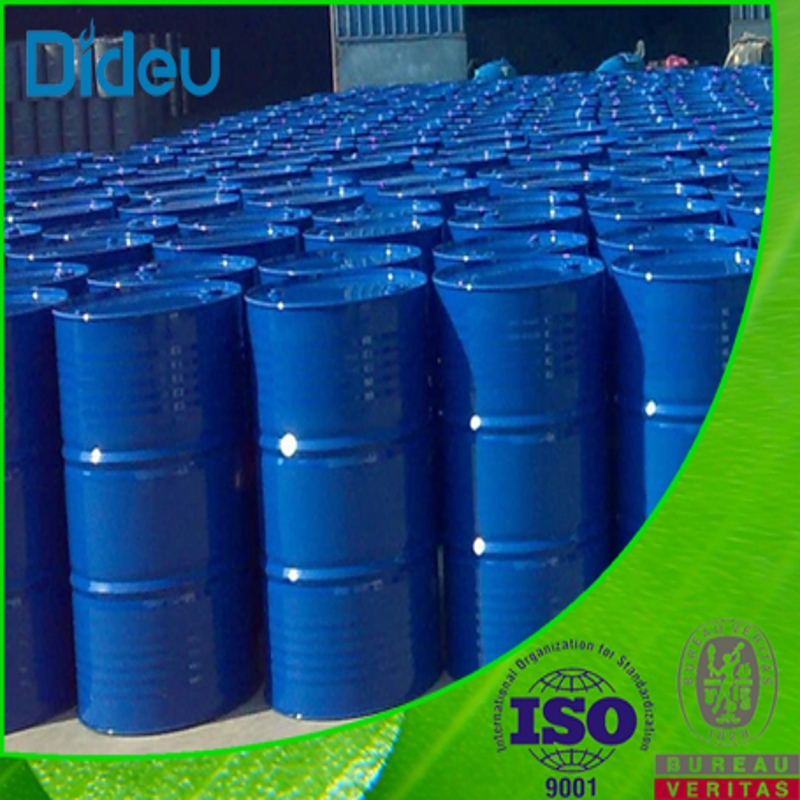-
Categories
-
Pharmaceutical Intermediates
-
Active Pharmaceutical Ingredients
-
Food Additives
- Industrial Coatings
- Agrochemicals
- Dyes and Pigments
- Surfactant
- Flavors and Fragrances
- Chemical Reagents
- Catalyst and Auxiliary
- Natural Products
- Inorganic Chemistry
-
Organic Chemistry
-
Biochemical Engineering
- Analytical Chemistry
-
Cosmetic Ingredient
- Water Treatment Chemical
-
Pharmaceutical Intermediates
Promotion
ECHEMI Mall
Wholesale
Weekly Price
Exhibition
News
-
Trade Service
Prostate cancer shows significant clinical heterogeneity, manifested in spatial and clonal genome diversity.
The transcriptome heterogeneity of prostate tumors is poorly understood.
Recently, researchers have analyzed the transcriptomes of 36,424 single cells from 13 types of prostate tumors and identified epithelial cells to explain the underlying disease invasion mechanism.
The results showed that the tumor microenvironment (TME) showed the activation of a variety of progression-related transcriptome programs.
It is worth noting that the researchers observed messy KLK3 expression and verified the ability of cancer cells to alter the T cell transcriptome.
The analysis of a primary tumor and two matched lymph nodes found that the ectopic expression of KLK3 was associated with micrometastasis.
There is close cell-cell communication between cells.
Researchers have discovered that a subset of endothelial cells is actively communicating with tumor cells (activated endothelial cells, aECs).
Together with the sequencing of 11 other samples, the researchers found that aECs were enriched in castration-resistant prostate cancer and promoted the invasion of cancer cells.
The characteristics of single-cell data and the relationship with survival Finally, the researchers also created a user-friendly web interface for users to explore sequencing data.
Original source: Sujun Chen, Guanghui Zhu, Yue Yang et al.
Single-cell analysis reveals transcriptomic remodellings in distinct cell types that contribute to human prostate cancer progression.
Nature Cell Biology.
Jan 2021
The transcriptome heterogeneity of prostate tumors is poorly understood.
Recently, researchers have analyzed the transcriptomes of 36,424 single cells from 13 types of prostate tumors and identified epithelial cells to explain the underlying disease invasion mechanism.
The results showed that the tumor microenvironment (TME) showed the activation of a variety of progression-related transcriptome programs.
It is worth noting that the researchers observed messy KLK3 expression and verified the ability of cancer cells to alter the T cell transcriptome.
The analysis of a primary tumor and two matched lymph nodes found that the ectopic expression of KLK3 was associated with micrometastasis.
There is close cell-cell communication between cells.
Researchers have discovered that a subset of endothelial cells is actively communicating with tumor cells (activated endothelial cells, aECs).
Together with the sequencing of 11 other samples, the researchers found that aECs were enriched in castration-resistant prostate cancer and promoted the invasion of cancer cells.
The characteristics of single-cell data and the relationship with survival Finally, the researchers also created a user-friendly web interface for users to explore sequencing data.
Original source: Sujun Chen, Guanghui Zhu, Yue Yang et al.
Single-cell analysis reveals transcriptomic remodellings in distinct cell types that contribute to human prostate cancer progression.
Nature Cell Biology.
Jan 2021







